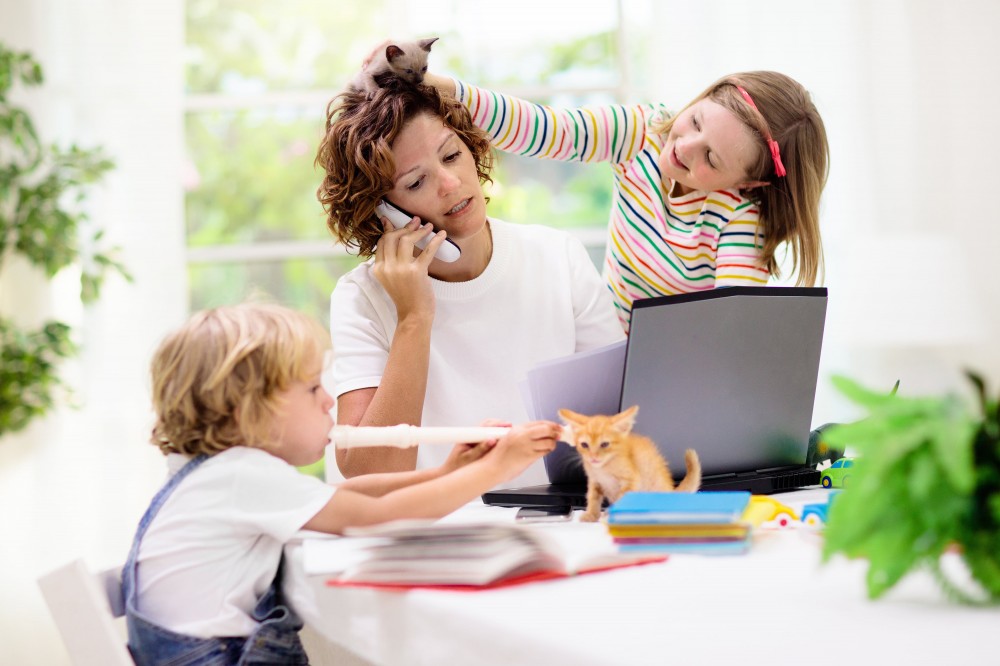I’ve written this piece three times now, just over the past three days, scrapping the last as it becomes no longer relevant as this pandemic crisis evolves.
What started as something overseas, is now increasingly impacting every one of us. The stress of working from home is one to be grateful for, as many of us are confronted with loss of income in entertainment, arts, hospitality and more losses to follow.
Financial loss is a huge stress, but very soon we will see the impact of widespread illness and death and the resultant grief as we all lose people we love, perhaps without having the chance to see them again.
I am particularly worried about stressed families with financial pressure and emotional exhaustion and those kids whose only safe place may have been at school, and what prolonged isolation will mean for them.
As we face many months ahead trying to keep our businesses afloat and our teams productive, if we are lucky enough to have the option to do that, and if we are going to be able to support people to continue to be physically safe as well as mentally well, what do we need to do?
It may seem that the change to working from home is simply a change in location, but the feeling is very different. Psychologists are already noticing the impact the pandemic has had upon people’s mental health.
We work for financial reasons, but we also work for reasons of purpose, meaning and connection.
An accountant recently told, “I’m an introvert and self-isolating is something I’ve been training for all my life, yet now it’s here it’s harder than I expected. I’m having trouble concentrating and getting things done.”
Others have said they hadn’t realised how much they relied on being a part of the team and now that the incidental conversations during the day are gone, they are feeling lonely.
Social distancing flattens the curve of virus transmission, but social isolation can lead to anxiety, depression and loneliness.
We are at the core, social beings and the density of our social networks tends to correlate with well-being, happiness and a long life.
Managers too are noticing some frayed emotions. With the rapid changes people are experiencing comes the need for people to adapt, learn new skills and managers are struggling to lead teams through these changes, in different geographical locations, across different modalities.
How will they deal with the grief and loss their people are about to enter? And also, when this is all over, how will you bring your people together again?
Psychologists suggest it’s important to stay connected in teams, as often as possible, even down to scheduling lunch together via a digital platform, catching a virtual coffee with someone and maintaining a routine.
If the whole family is isolating, be mindful of being gentle with yourself and others, as its hard to escape a disagreement in lockdown.
Remember, this too shall pass, that social isolation is about social connection. With everyone doing our bit for the greater good.
People know about the risks of mental health and suicide already, and there is the potential for that to grow exponentially as well.
Talking to someone who listens and has evidenced based strategies could help you get through whatever it is that life is throwing at you.





